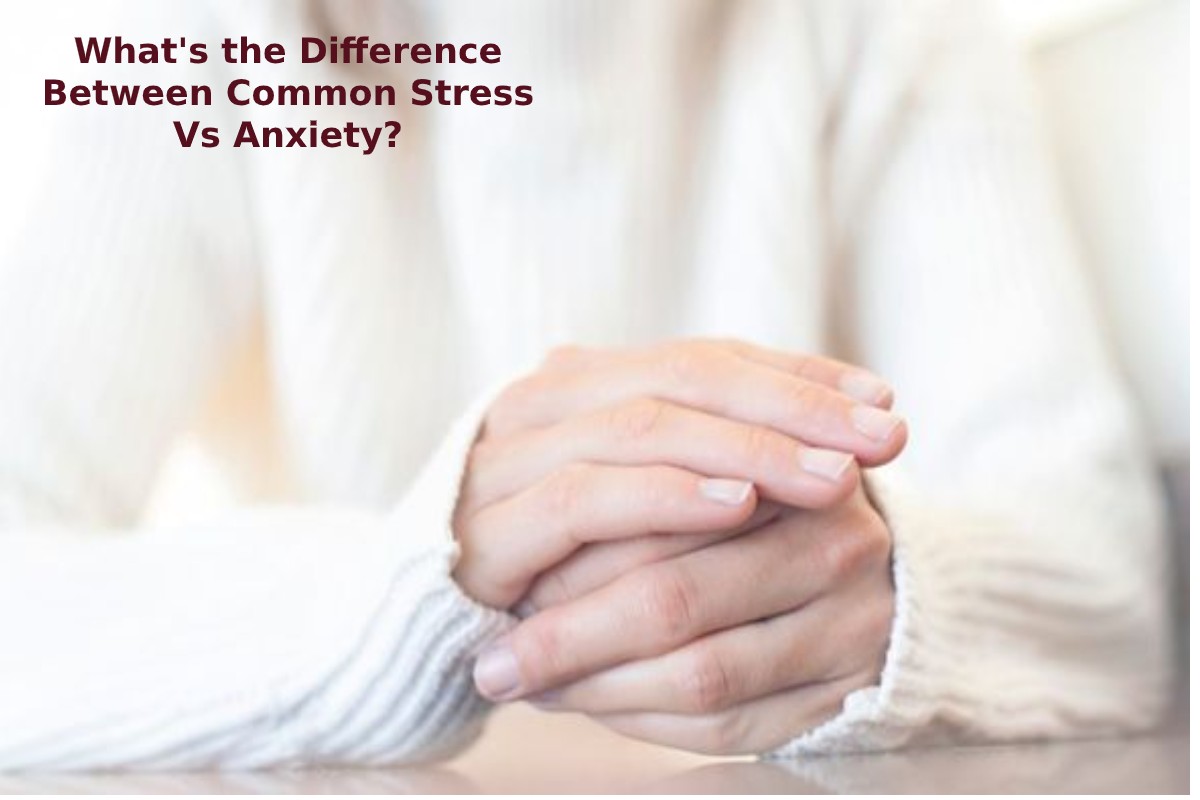
What’s the Difference Between Common Stress Vs Anxiety
Table of Contents
What’s the Difference Between Common Stress Vs Anxiety?
Mental health is moving towards the forefront of our daily lives, and it is vital that we understand what our minds and bodies undergo. As more information comes forth about both stress and anxiety, more management tools are being developed. For example, homeopathic anxiety relief pills can offer a holistic approach to managing debilitating symptoms. Many people tend to use stress and anxiety interchangeably. While they do have some similarities, they are not the same condition. In order to effectively manage both conditions, you must understand their differing origins and management methods.
What Is Common Stress?
Common stress originates through the release of stress hormones by the body due to an external trigger. These hormones cause physiological changes that allow the body to fight or flee the situation. These changes include:
- Faster heartbeat.
- Faster breathing.
- Heightened blood pressure.
- Sharpened senses. This stress response is typically short-term and is alleviated when the external trigger is removed. However, there are situations where the stress response can be long-term. This occurs if the external trigger is chronic.
What Is Anxiety?
Anxiety is the response to the release of stress hormones and does not have a specific external trigger to cause it. It is defined by feelings of dread, unease, and persistent worry. Anxiety that occurs for longer than a month and impacts daily function can develop into an anxiety disorder.
How Are Stress and Anxiety Similar?
Despite their differing origins, common stress and anxiety share similar symptoms. These symptoms can present as both mental and physical and can include:
- Elevated heartbeat.
- Elevated breathing.
- Digestive issues.
- Feelings of dread.
- Feelings of worry.
How To Know If You’re Experiencing Common Stress?
Because stress and anxiety share similar symptoms, it can be difficult to distinguish them. To determine if you are experiencing stress, try to identify an external trigger. Some possible examples include:
- A disagreement with a friend.
- A tight deadline at work.
- The inability to find employment.
- Financial difficulties.
- Health issues.
How To Know If You Have Anxiety?
If you experience stress symptoms but there seems to be no related cause, then you are experiencing anxiety. It can be triggered by stress but lingers after the external stressor has been removed. Anxiety can also occur when there is no external stressor present at all.
How To Manage Common Stress?
The most straightforward way to manage common stress is to eliminate the external stressor; however, that is not always possible. Breathing and meditation exercises can help manage heart rate, breath rate, and blood pressure. Maintaining overall health through good nutrition and exercise can help alleviate physical symptoms. Talking with loved ones or a counselor can help you feel more in control and allow you to devise a plan and coping skills to deal with stressors. In some cases, you may be able to use anxiety medication without prescription on a short-term basis.
How To Manage Anxiety?
For mild anxiety, you can use the same strategies that you would use to manage stress. For anxiety disorders, a combination of anxiety medication for adults and psychotherapies may be needed in addition to stress management.
Both common stress and anxiety can impact your life in devastating ways, but there is relief. Using a combination of therapies, medications, and lifestyle changes can allow you to regain some control and mitigate symptoms. However, knowing exactly what you’re experiencing is the true first step in common stress and anxiety management.



